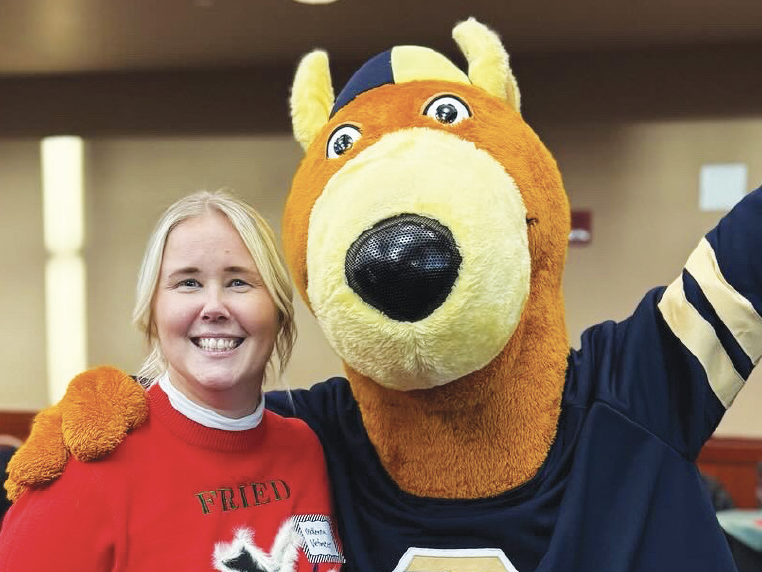Celebrating 400 years of Shakespeare in Bierce
April 20, 2016
This Friday, April 22, UA will host “Shakespeare in the Spring” to commemorate the 400th anniversary of Shakespeare’s death.
From 1:30 p.m. till 5:00 p.m. in Bierce Library, UA’s English Department and University Libraries will sponsor a presentation as part of the worldwide celebration of William Shakespeare’s life and works.
The presentation will center around a display of the University’s Shakespeare holdings, which include a rare second, third, and fourth folio printing. A folio is another name for a book or manuscript whose sheets of paper are arranged in a distinct way.
Asked about the significance of the collection, former adjunct professor at UA and noted Shakespearean scholar William Williams stated that while the folios vary in rarity, the third is especially valuable because most of the copies were destroyed in the Great Fire of London in 1666.
“For an institution like UA to have all three is quite unusual,” Williams said.
The folios are part of the University Libraries’ Herman Muehlstein Rare Book Collection, a collection of more than 200 rare books and first editions. According to the Archival Services’ website, the collection was donated by prominent New York City industrialist and philanthropist Herman Muehlstein and, along with the folios, contain works such as Johannes Fust’s “Cicero” printed in 1466, two first editions of Walt Whitman’s “Leaves of Grass,” and an autographed manuscript of Oscar Wilde’s “The Decay of Lying.”
Friday’s event will also include an introduction to the collection by Victor Fleischer, head of Archival Services; a presentation by Chatham Ewing on behalf of the Cleveland Public Library detailing its first folio printing; and an abridged performance of Shakespeare’s “The Comedy of Errors” by the Rubber City Shakespeare Company.
“It’s a combination of the very old and the very new,” said UA English professor Antonia Forster. “You have these folios that have been around since the 17th century and then you’ve got this company of young players who have been around for about three years. They’re very exciting.”
“[Students] should come because it is just something to be in the presence of the real things,” said Williams. “Yes, you can see what [the folios] say and what they look like online, but until you actually see them in the flesh, as it were, you don’t really know what it is like.”












